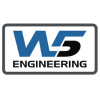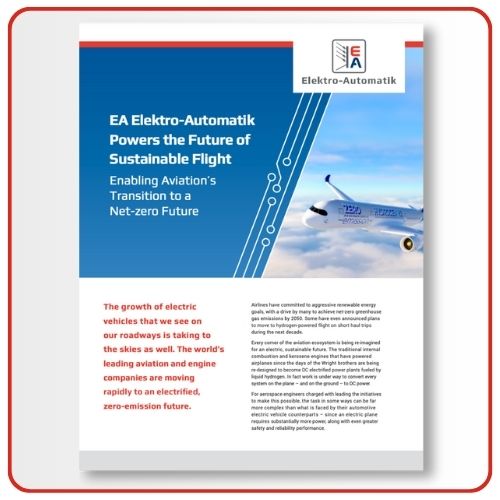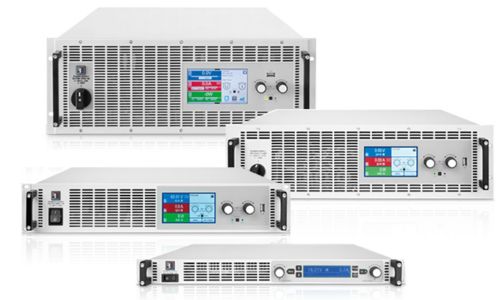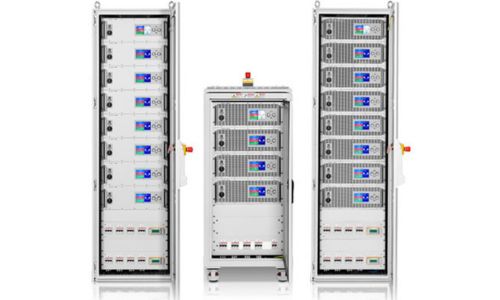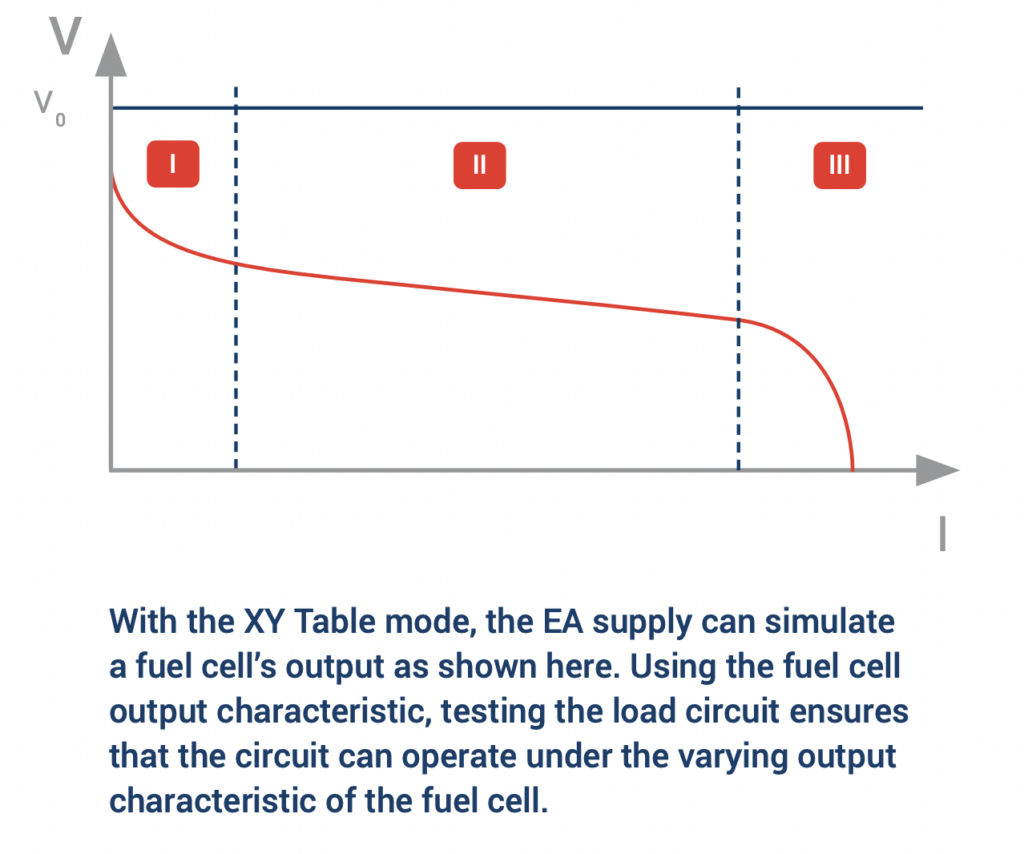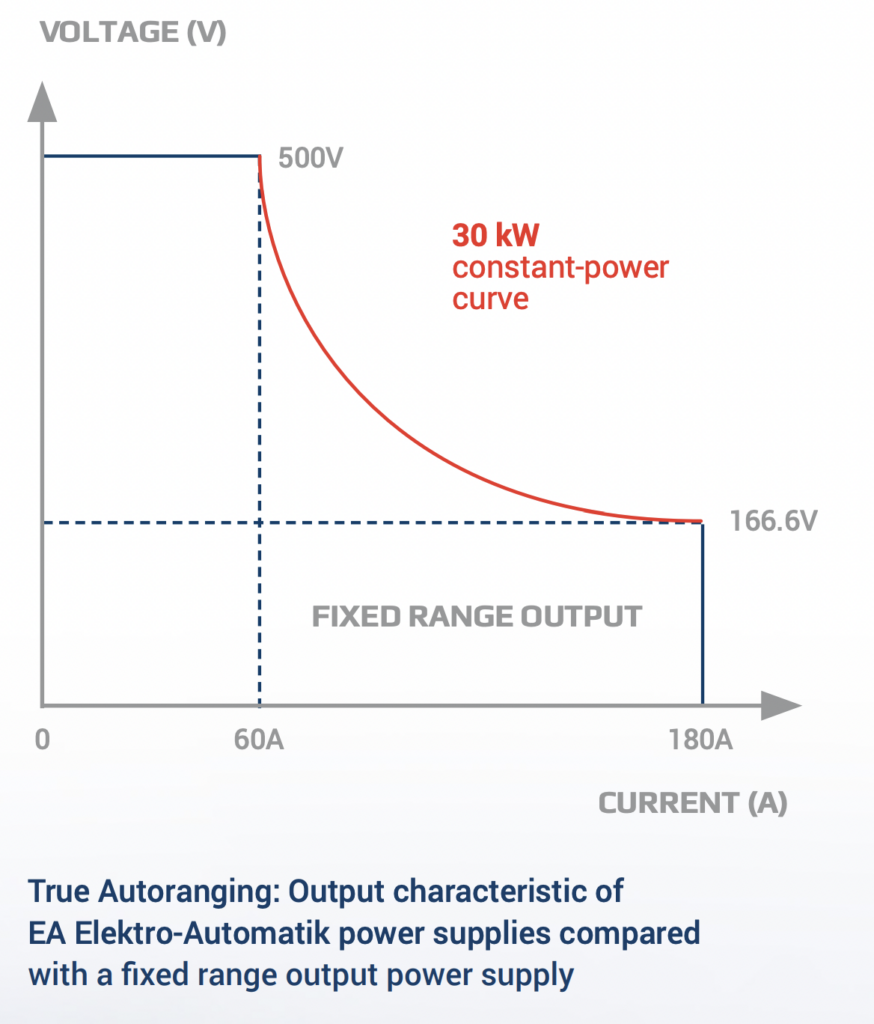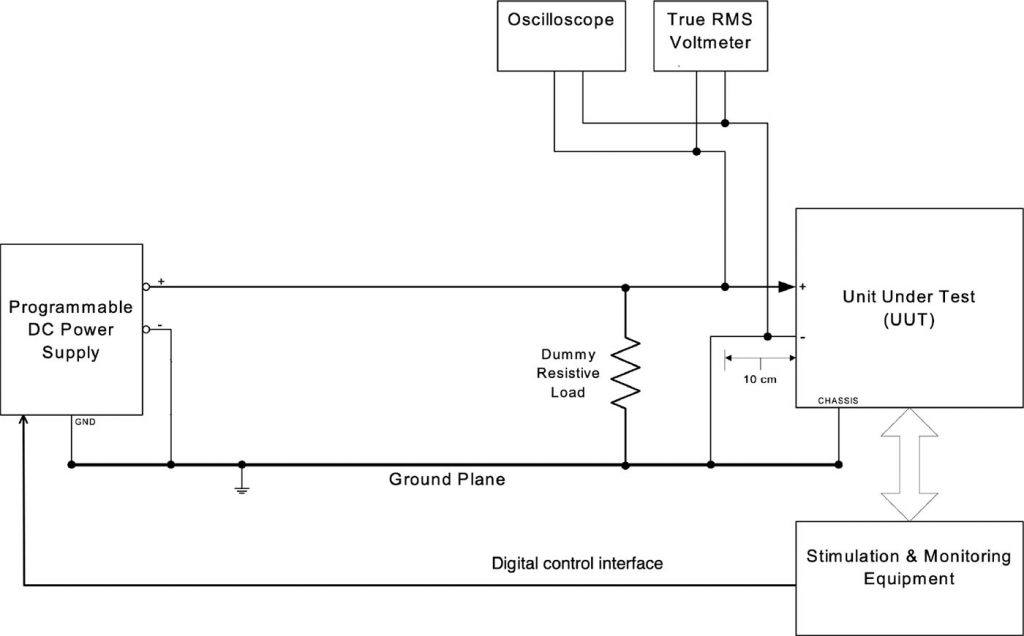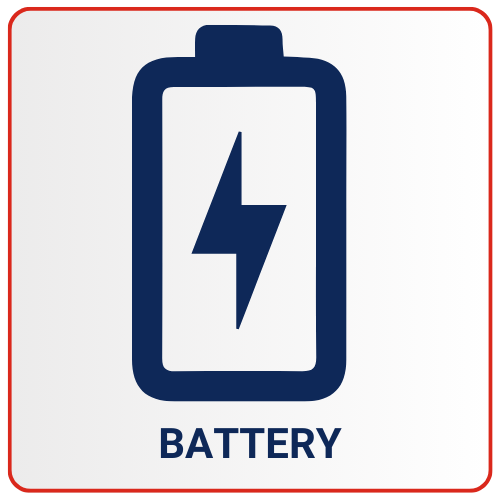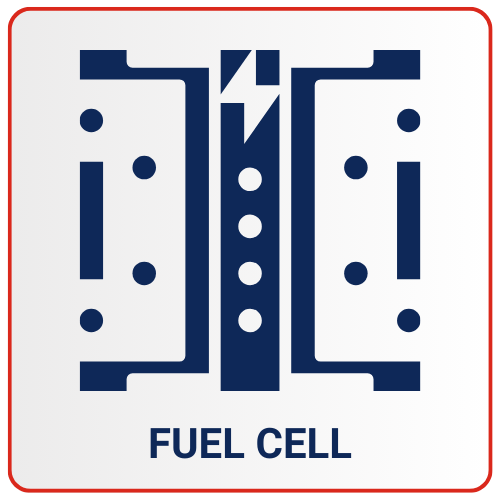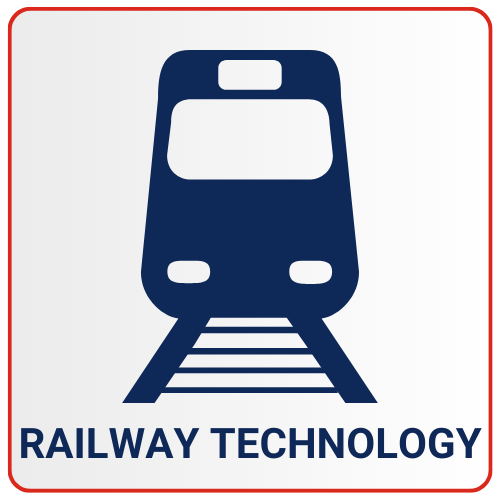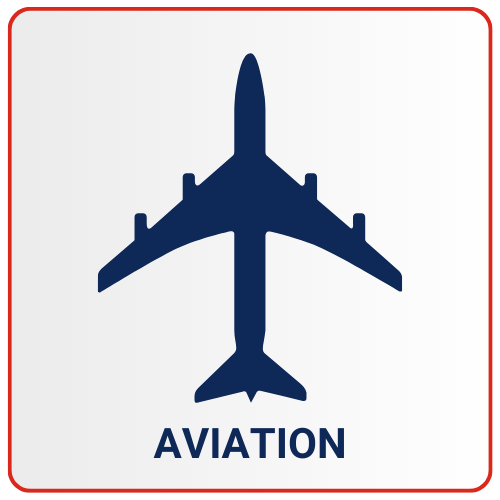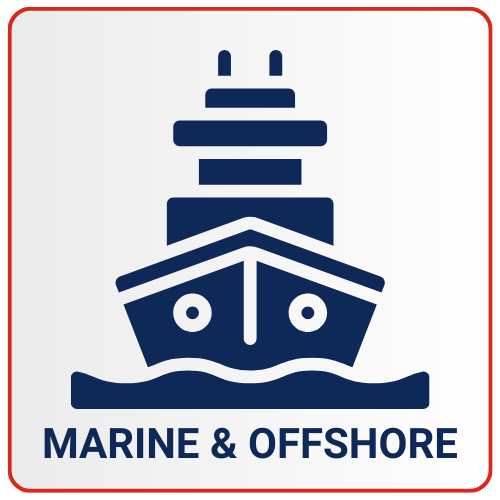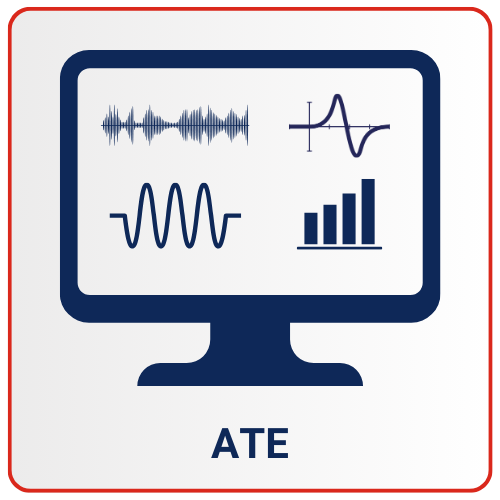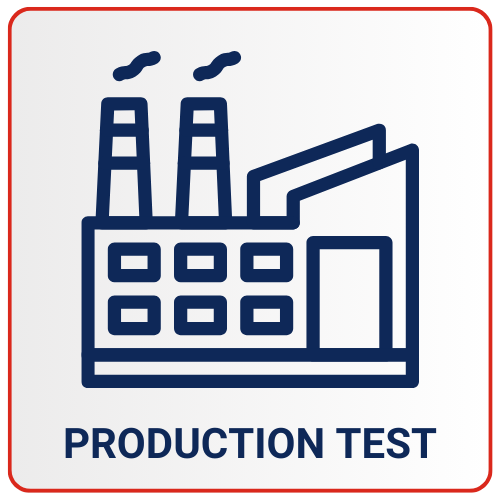As the aviation industry moves towards sustainable fuel and power systems, engineers are developing next-generation DC electrified charging and propulsion technologies. These are set to replace the current mix of DC and AC power solutions. Current key challenges are:
Energy Supply & Storage: Innovations in liquid hydrogen fuel and fuel cell battery management are essential for delivering consistent power during peak take-off and moderate in-flight conditions.
Engine Weight & Size: The physical dimensions and weight of engines and battery power systems are critical factors in the design process.
Extreme Conditions: New systems must be robust enough to withstand a range of harsh conditions, from temperature fluctuations and humidity to high acceleration and vibration.
Hazardous Materials: Safe handling and containment of materials like lithium batteries and liquid hydrogen, which is stored at -250 degrees Celsius or as gas under 700-bar pressure, are paramount.
Power Conversion & Distribution: Engineers are working on versatile power conversion systems that can adapt main DC supply grid levels of 700-1000V to lower ranges suitable for various airplane systems, such as instrumentation, air conditioning, and critical landing gear controls.
The PSB bidirectional programmable DC power supply can effortlessly transition between charging and discharging batteries and comes equipped with various test functions compatible with the PSB, PSI, EL, and ELR series. Whether you need standard or custom charge and discharge cycles, EA provides the ideal equipment and expert guidance for effective and safe battery testing.
